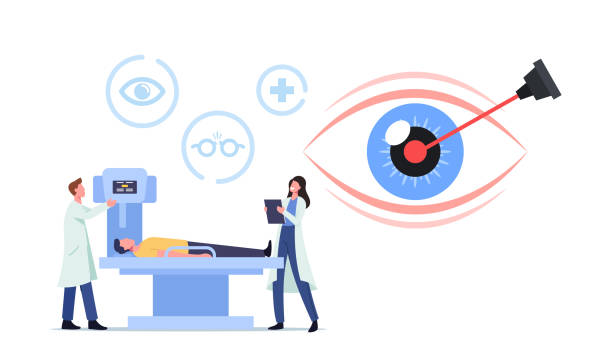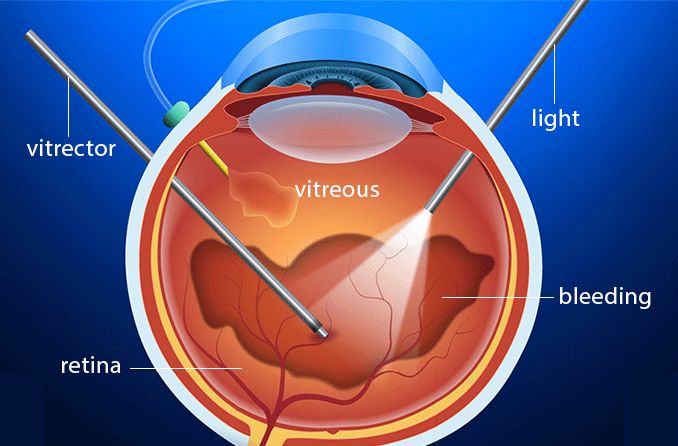LASIK surgery can potentially correct vision for both distance and reading without the need for reading glasses after a certain age, but it’s important to understand that this outcome depends on several factors, including your age, the specific LASIK technique used, and your eye’s response to the procedure.
1. Monovision LASIK: One common approach to achieving both distance and near vision correction is called monovision LASIK. In monovision, one eye is corrected for distance vision, while the other eye is corrected for near vision. This technique takes advantage of your brain’s ability to adapt to the different visual inputs from each eye.
– For example, if you are right-eye dominant, your dominant eye would typically be corrected for distance, and your non-dominant eye would be corrected for near vision. This can reduce or eliminate the need for reading glasses.
2. Multifocal or Presbyopia-Correcting LASIK: Some advanced LASIK techniques use multifocal or presbyopia-correcting lenses to provide a range of vision, including both distance and near. These lenses work by splitting incoming light into different focal points to improve near and distance vision simultaneously.
3. Age-Related Considerations: Achieving good near vision without reading glasses after LASIK is more likely when you are younger and experiencing presbyopia (age-related difficulty focusing on close objects). As you age, your eyes will continue to change, and you may still need reading glasses for fine print, even after LASIK.
4. Individual Variation:The success of monovision or multifocal LASIK can vary from person to person. Some people adapt well to monovision, while others find it less comfortable or acceptable. It’s crucial to have a thorough discussion with your LASIK surgeon to determine which approach is best for you.
5. Personal Preferences: Your lifestyle and visual needs also play a role in determining the appropriate correction. Some individuals may prioritize excellent distance vision and be willing to use reading glasses when necessary, while others may prefer a more balanced vision for both distance and near tasks.
Before considering LASIK for presbyopia correction, consult with a qualified LASIK surgeon who can assess your specific vision needs, perform a comprehensive eye examination, and discuss the most suitable options for you. They will provide guidance based on your individual factors and help you make an informed decision about LASIK surgery.
For more eye-related queries, Consult Dr. Vaidya at one of the Best Lasik Eye Surgery in Mumbai know more information visit in our hospital at Dr. Vaidya Eye Hospital.



